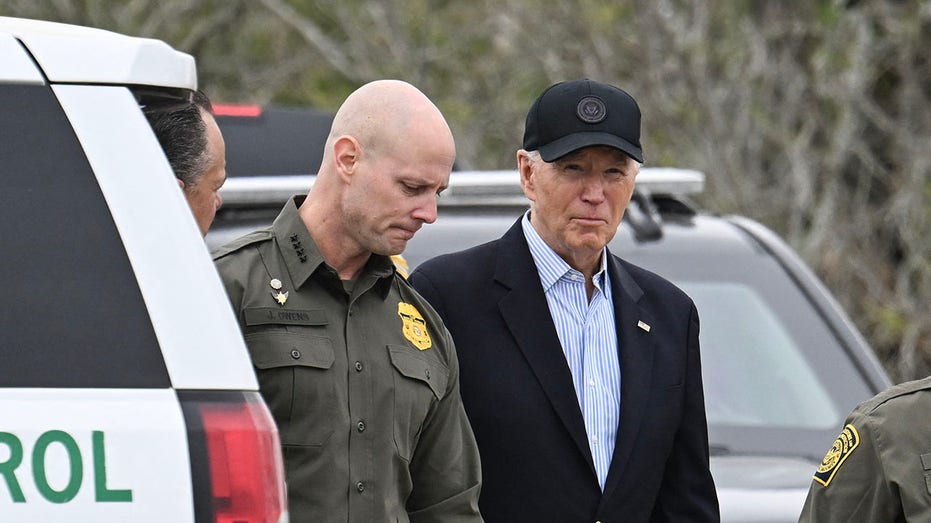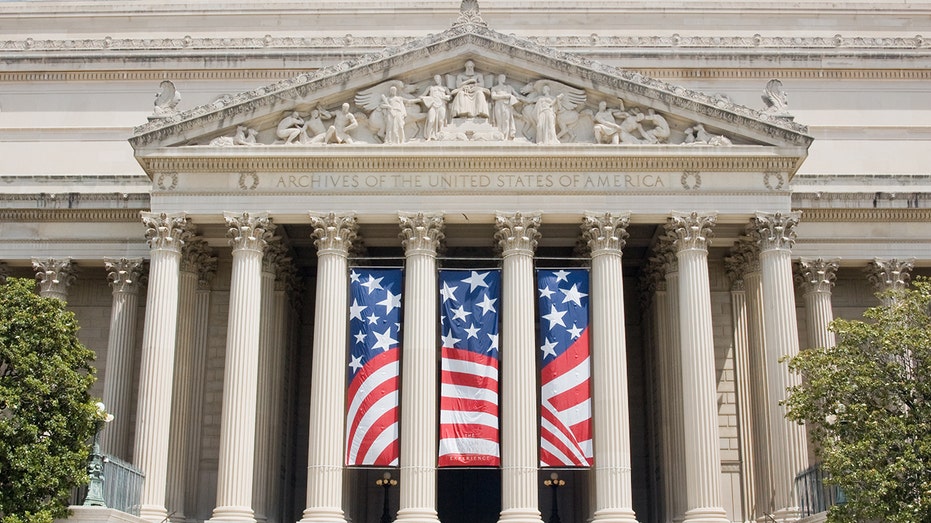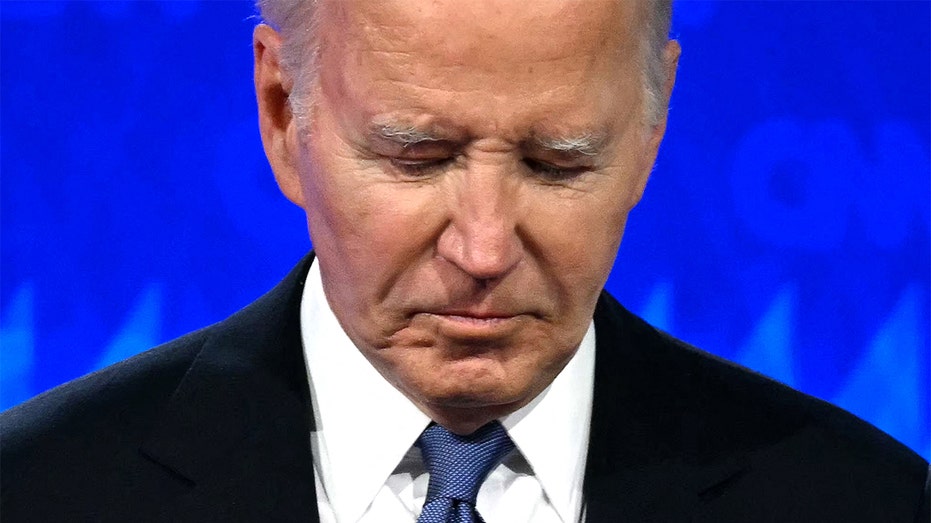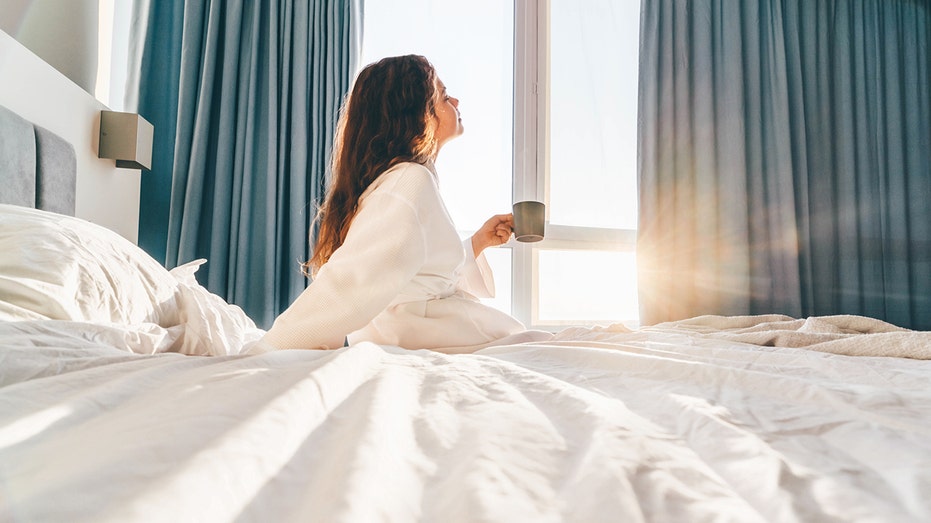- by foxnews
- 19 Jan 2025
Black US voting ‘bloc’ composed of five distinct political groups, survey finds
Black US voting ‘bloc’ composed of five distinct political groups, survey finds
- by theguardian
- 06 Sep 2024
- in politics
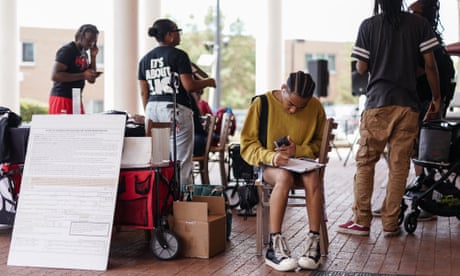
Black voters in the US are often lumped into one bloc, but a new national survey has found that they can be defined by specific clusters: legacy civil rights, secular progressives, next-gen traditionalist, rightfully cynical and race-neutral conservative.
"These clusters indicate that there are incredible differences within the Black community, in terms of how people think about democracy and their role in our democracy," said Katrina Gamble, CEO of Sojourn Strategies during a press conference on Wednesday,
Out of the 2,034 registered voters and 918 Black unregistered voters surveyed, 41% of respondents were found to be legacy civil rights voters who skewed older than 50 years of age and had the highest voter turnout rates. Legacy civil rights voters were also the most likely group to believe that their vote has the power to drive change. On the other end, the rightfully cynical, 22% of respondents, were the youngest cohort and the least likely to vote. Based on their personal experiences of racism at work and with the police, this cluster was the least likely to believe that their vote matters.
Next-gen traditionalists, 18% of respondents, were the most religious and least educated cluster, mostly consisting of millennial and generation Z voters. They had a low voter turnout rate and a moderate belief in the power of their vote. The most progressive respondents fell within the secular progressives cluster, at 12%, of which the majority were educated women who were highly likely to vote.
Finally, the race-neutral conservatives, 7% of respondents, consisted mostly of men and were the second oldest cohort as well as the most conservative. Race-neutral conservatives had a moderate voter turnout rate and were likely to blame systemic barriers on individual choices.
Community-based organizations from Pennsylvania, Georgia and Michigan discussed the need to tailor mobilization efforts to different types of Black voters during a Wednesday press conference. In Pennsylvania, for instance, the grassroots group Power Interfaith is using the results of the survey to engage 50,000 eligible Black voters throughout the state. Ahead of the election, the organization will tap Black Muslim and Christian congregations to help recruit 2,000 hosts who will serve soul food dinners to young people.
Hosts from the legacy civil rights cluster will use the survey results to inform discussions with younger generations at the dinner. "For Black folk, food actually is our love language," said Rev Dr Gregory Edwards, interim executive director of Power Interfaith. "Something magical happens when folks sit around the dining room table with some good food; it creates space for conversation about politics, about relationships, about dreams, hopes and aspirations that aren't happening elsewhere."
This fall, the Georgia-based voter engagement group New Georgia Project plans to use the research findings to tailor its door canvassing, phone and text scripts. "We're able to train our canvassers and others to talk to people and to listen to them and to make sure that they are addressing what they care about, versus some traditional operations that may just talk at people," said Ranada Robinson, the group's research director.
In Michigan, a series of events called Just Effing Care Fest hosted by the grassroots group Detroit Action will engage rightful cynics by showcasing local influencers and artists while convening young Black people to discuss the issues that they're most concerned about. "Young Black community artists have a strong influence with the rightful cynics," said Branden Snyder, the group's senior advisor. "They're able to talk about how they've transformed their own cynicism into artistic expression, building a world that should be."
While Black registered voters overwhelmingly favor Kamala Harris over Donald Trump, according to a recent Pew Research Center survey, the Black values research is not targeted toward a particular campaign or party, said Gamble from Sojourn Strategies.
Instead, the survey is designed to help the Black electorate see that their vote matters. "It really centers understanding, how do we not only increase Black folks across the segments' perceptions of their own power, but also get this research into the hands of organizations that can organize them into having actualized power in our democracy and our elections?" said Gamble.
- by foxnews
- descember 09, 2016
'Hurkle-durkling' is the viral travel trend that involves lying in bed all day
A viral travel trend called "hurkle-durkling" has more travelers embracing lounging in bed all day. Now, hotels nationwide are introducing amenities to cater to the trend.
read more

